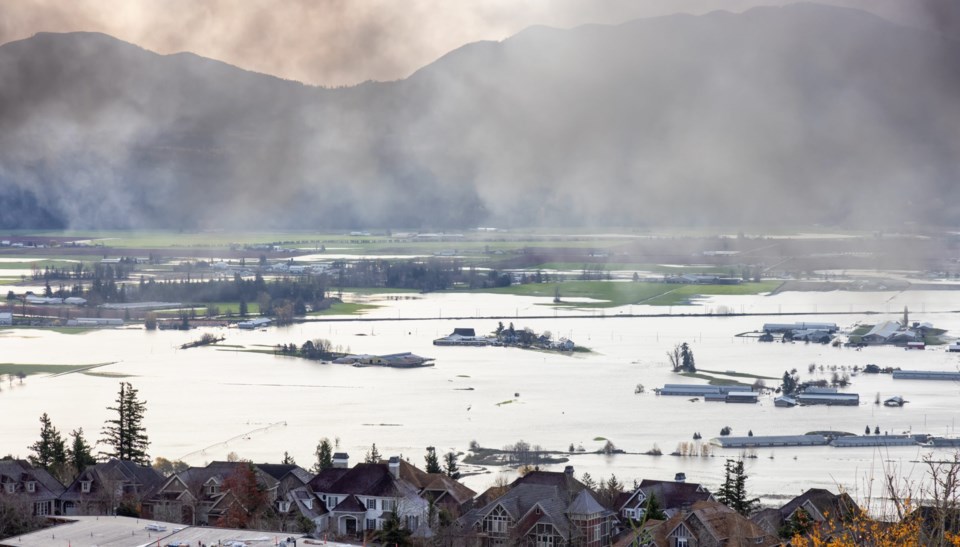It will take some time to understand the toll taken by flooding and landslides earlier this week.
When the death toll begins to climb, let’s remember the good people of Hope, who opened their homes and hearts to the hundreds of motorists who found themselves stuck between natural disasters.
When the bodies of thousands of horses and cattle and other livestock from inundated farms in the Fraser Valley and near Merritt and Brookmere begin to pile up, let’s remember the good people of Gurdwara Dukh Nivaran Sahib in Surrey, who prepared thousands of meals then arranged to have them delivered by helicopter to the stranded.
When it becomes evident just how woefully inadequate our infrastructure and emergency resources and financial resources are for the climate-induced disasters ahead, remember the hundreds of volunteers who showed up to sandbag for hours and save Abbotsford’s pump station and ultimately, save much of Abbotsford itself.
We are overwhelmingly good people. In times of crisis British Columbians never fail to amaze me.
The disaster that unfolded over the past week is no one person’s fault but there will need to be a review of the response, as there must be a review of the wildfire emergency response over the summer. There will be more climate-induced emergencies in the future – more heat domes, more wildfires, more unpredictable weather.
It’s become clear that we are not ready.
It took three days for the province to declare a state of emergency. Three days of people stranded in their vehicles in sub-zero weather. Three days of people stranded in their flooded homes. Three days where there may have been resources available to help Fraser Valley farmers evacuate livestock.
A similar delay in declaring a provincial state of emergency during the wildfires this summer shows we have a systemic problem that will keep happening until the system changes.
I’m not suggesting a public inquiry, which are usually expensive exercises in whitewashing that result in a long list of recommendations that are never put into place. But a non-partisan panel that conducts a thorough review of where the decision-making authorities lies, what is being communicated from one agency to another, when, and how.
The review should look at the role partisanship at the municipal and regional level might play in the confused decision-making happening around these events.
And it should look also at municipal infrastructure and consider whether municipalities have the resources and expertise for what will be an increasingly frequent role as first-line disaster responders.
Certainly, the review should look at whether B.C. needs a stand-alone Disaster Response Minister.
In the longer term, if it hasn’t started already, the province needs to review critical infrastructure, including highways, railways, hydro and telecommunications, to ensure aging infrastructure is upgraded to withstand the challenges ahead.
We’re not ready.
The competing disasters of the past 22 months have been a wake-up call. It’s not a time to point the finger of blame but to adapt and try to mitigate for the changes to come.
Dene Moore is an award-winning journalist and writer. A news editor and reporter for The Canadian Press news agency for 16 years, Moore is now a freelance journalist living in the South Cariboo.



